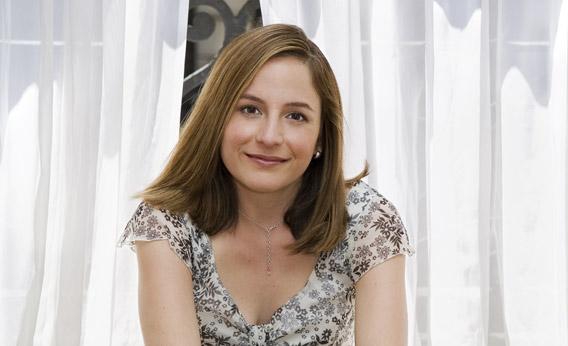Consider this short passage from Elizabeth George's novel In the Presence of the Enemy, a book I wrote about here recently:
"Barbara hurtled herself towards this bench. And from the bench she dashed to the chapel's outer wall.
"She slithered along this wall, tyre iron gripped fiercely, scarcely allowing herself to breathe. Hugged to the stones, she gained the chapel's gatehouse. She stood, her back pressed to the wall, and listened."
The author's verb choices add to the tension in this scene near the climax of the novel. Hurtled and dashed work much better than ran. Slithered, hugged and pressed to work better than stayed close to.
Paying close attention verbs in my recent reading, I've noticed that they can be as descriptive as any adjective or adverb. In the novel Drood, Dan Simmons uses the wonderful phrase "dalmatianed with spotted ink." Diane Ackerman writes about "buildings guillotined by war" in The Zookeeper's Wife. Writing about the change of seasons in the same book, Ackerman says that "spring sidled closer" and "spring floated outside the small rupture in time the war had gouged." There's nothing ordinary or routine about those verb choices.
 I have been impressed with the verbs Karen Russell claims in her amazing collection of short stories, St. Lucy's Home for Girls Raised by Wolves. She invents some of these verbs herself to fit into a particularly story. In "Z.Z.'s Sleep-Away Camp for Disordered Dreamers," we find this sentence: "This causes him to sleep-detonate imaginary grenades and sleep-yell 'Viva la Revolucion!' while sleep-pumping his fist in the air."
I have been impressed with the verbs Karen Russell claims in her amazing collection of short stories, St. Lucy's Home for Girls Raised by Wolves. She invents some of these verbs herself to fit into a particularly story. In "Z.Z.'s Sleep-Away Camp for Disordered Dreamers," we find this sentence: "This causes him to sleep-detonate imaginary grenades and sleep-yell 'Viva la Revolucion!' while sleep-pumping his fist in the air."In "The Star-Gazer's Log of Summer-Time Crime," Allen writes, "Then she stomps off to the Bowl-a-Bed to constellate and sulk." In "from Children's Reminiscences of the Westward Migration," she offers both "brass kettles glower in the shadows" and "we nooned in a purple grove."
Mark Twain, a master of creative verbs, writes in A Tramp Abroad about a pauper "wheezing the music of 'Camptown Races' out of a paper-overlaid comb."
All of these books were improved because their authors didn't necessarily go with the first verbs that came into their minds. They searched for verbs that would create vivid images in the minds of their readers, and I think they found them.
No comments:
Post a Comment